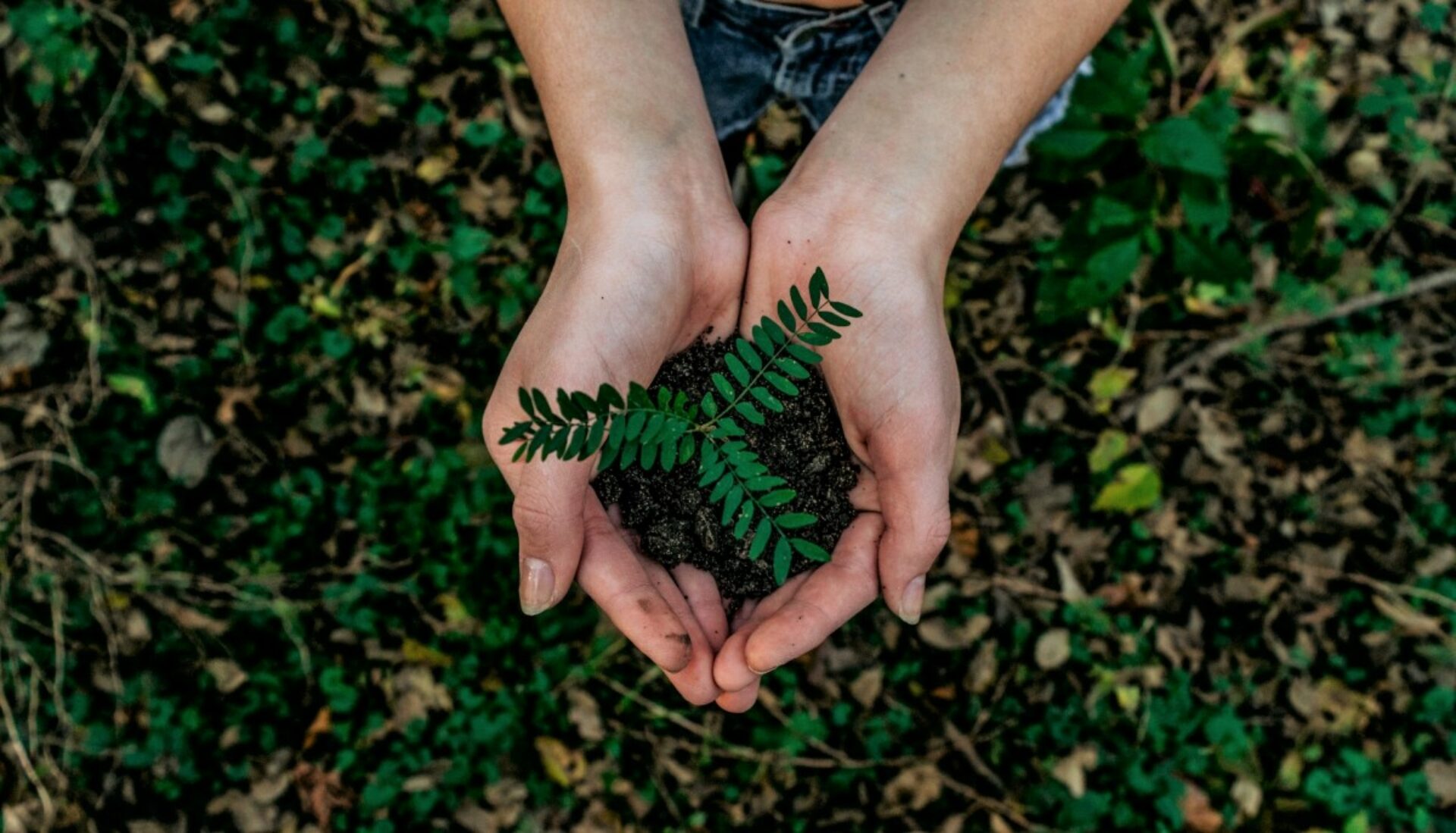Lisa Couperthwaite
Before all of this started, I had been self-isolating for around ten years. My life became more and more narrow, until my whole word began and ended inside my house.
It wasn’t that I couldn’t physically go outside; when absolutely necessary, I could don my mask and face the world, but I dreaded it and it would take days for me to recover when I did.
It is ironic then that over the past year I have been working on trying to get back outside and connect with the world. I have finally had some really useful help from the NHS, mainly in the guise of a wonderful support worker who has spent a lot of time gently nudging me towards the realisation that it really wasn’t so bad out there.
How wrong we were. So now I am trying to refocus on the things that made the world feel safe when I was inside my bubble and I want to look at what possible positives I may be able to find amid this catastrophe.
First of all, I don’t want to diminish the suffering that we are all going through. I understand all too well the devastation of losing loved ones and the constant fear that more will be lost.
I have lost my mother, my grandmother and my youngest brother within the past three years, yet I almost feel lucky that I went through all of that before this struck. What kind of hell have we been plunged into that I can feel blessed for this right now?
Processing grief
At times I can feel so angry that I simply don’t know what to do with myself. Except – I was able to hold my grandmother’s hand while she was dying. Going to the intensive care unit almost every day for three weeks was torture; but at least I was able to go there and afterwards I was able to take care of her before she was buried.
I could brush her hair, make her look beautiful, fill her coffin with her most treasured things, hold a fitting funeral and toast her life with her friends. All these things were so very important.
I will never stop missing her but knowing that I looked after her to the very best of my abilities, and that she was able to leave this life feeling loved, is a huge source of comfort and helps me to cope. How on earth are the many thousands going to process their grief when the crisis has passed?
I understand the anxiety that comes when imagining a future that seems to be outside of our frames of reference. It can feel impossible, but I’ve found that shifting my focus onto the here and now can provide some respite, and even give way to moments of pure joy.
So much of it is about the small things. For example, I am currently in the process of renovating an old chest of drawers and I can’t deny that the buzz that I feel as the wood begins to appear is exhilarating. It makes me feel grounded and capable.
Although my hands hurt from all the sanding, it’s almost a pleasant sort of hurting because it comes from the sense of good old graft. I suppose it’s about being open to letting joy in and really luxuriating in that joy.
Finding strength
There also seems to be something about making room for the unexpected. My husband and son are both key workers and the constant gnawing fear of them going ‘out there’ can overwhelm me.
Often life seems like that scene in ‘Jaws’ where the camera pulls focus – it’s horrific. Yet, somehow, I have found a reserve of strength inside of myself that I never knew existed. I have even been able to provide my husband with the sort of reassurance and support that he has always shown me: it is almost as though our roles have been reversed. I feel useful and worthwhile.
This change in focus has also helped me deal with my own health anxieties: I need to have life-saving brain surgery when all this is over. Don’t get me wrong, this does bring periods of despair that wash over me on a regular basis – but, it’s different now.
I’m not becoming embroiled in the thoughts that accompany the despair. I can feel them, listen to them and then let them go; because as long as I am doing all I can to get myself and my family through this pandemic, then there is no need to engage too deeply with my own downward spirals. Maybe these are lessons in dealing with uncertainty.
But what happens when we come out of this? How will we readjust? Will we be able to take the good things that we have learned, and there are good things, with us into the future?
Maybe those who have made this so much worse for us will be held to account – that would be a marvellous thing, don’t you think?! Communing with nature – this used to be seen as ‘hippy stuff’, now it really feels like an issue of survival. Using the senses and being in the moment.
Come to think of it, has the future ever been certain? I don’t think so. Maybe we can learn to be okay with uncertainty.
Lisa Couperthwaite is a researcher at the McPin Foundation.
If you need help or support with your mental health, or are worried about somebody else, there are a number of organisations listed here that may be able to assist you. There are also links to information about staying well during Covid-19 on this page.
